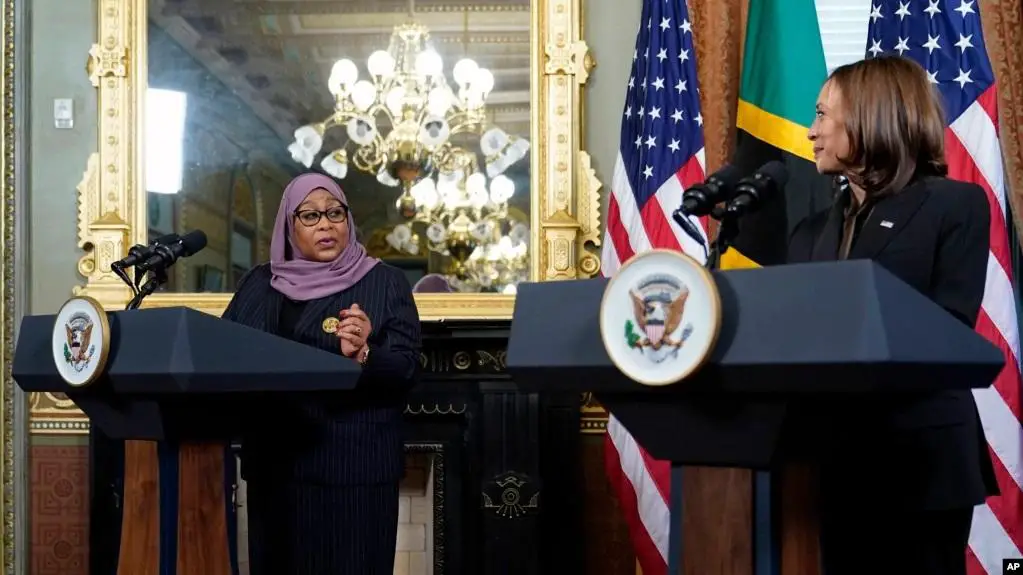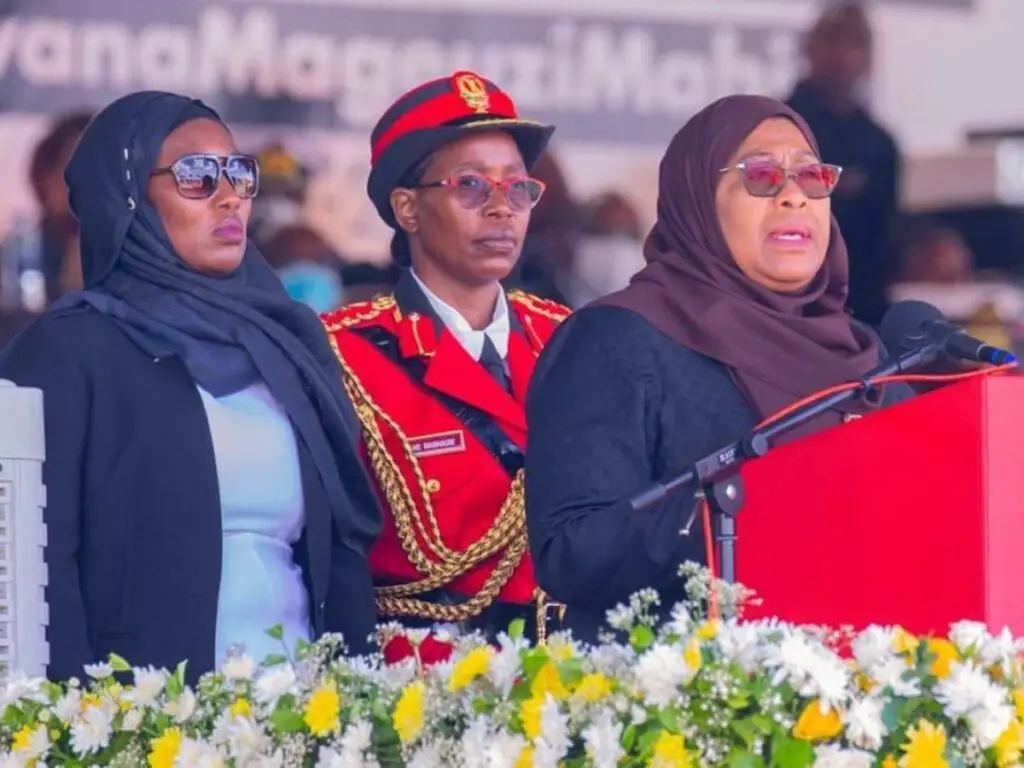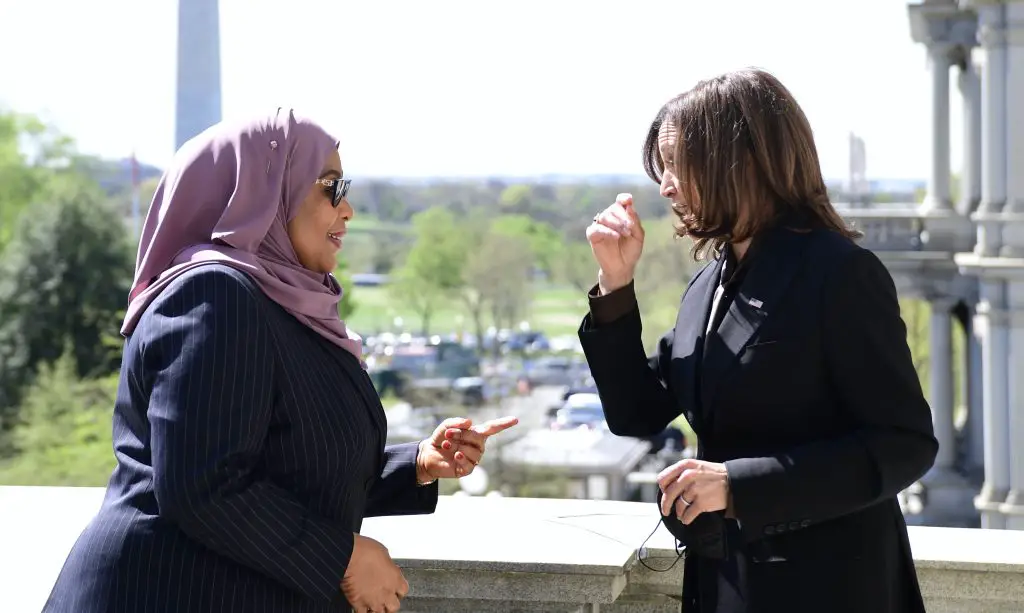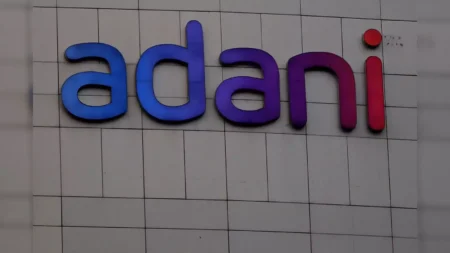- Americans investing in Tanzania stand to gain as President Samia Suluhu Hassan’s visit to the US has opened a US$1 billion investment opportunity
- Agriculture and mining are two of the most profitable investment sectors in Tanzania
- Over the past year, the government of Tanzania has made several changes to investment parameters.
Americans investing in Tanzania will realize that the country offers opportunities that are profitable, not only in business terms but also in building Tanzania-US relations.
As one of the fastest-growing economies in Africa, American investors who get into the country now stand to gain from the myriad benefits offered by natural resources in Tanzania.
Investment opportunities in Tanzania range from mining and natural gas extraction to telecommunications.
Over the past year, investors from many nationalities have ventured into Tanzania as it becomes an attractive investment destination.
Tanzania-US relations run deep. The two nations established diplomatic relations in 1961.
The April 15 meeting between Tanzania’s President Samia Suluhu Hassan and US Vice President Kamala Harris is another milestone set to enhance the relations, particularly investment opportunities in Tanzania.
Over the past year, the government of Tanzania has made several changes to investment parameters.
According to President Suluhu Hassan’s administration, investing in Tanzania is the subsequent best option investors ought to seek, which is strategically positioning Tanzania’s investment potential.
Tanzania has bagged more than 237 projects attracting US$4.144 billion in Foreign Direct Investment (FDI) compared to US$1.013 billion with 186 projects in 2020.

President Suluhu Hassan has welcomed American investors in Tanzania with open arms, a strategic move to enhance Tanzania-US relations from an economic front.
The latter compliments President Suluhu Hassan on her investment in Tanzania strategies that are now being realized.
Developing a special zone for business and mirroring the spirit with financial institutions has been a critical focus in improving a conducive investment environment.
President Suluhu Hassan is working closely with Tanzania Business Council and Tanzania Private Sector Foundation (TPSF) to address challenges in the investment and business sector which ultimately are turning the tide—promoting US investment in Tanzania.
The trip has generated nearly US$1 billion in investment from several companies in the US, demonstrating another mutual benefit emanating from a 60-year-old diplomatic relationship.
The US is Tanzania’s largest bilateral donor and has capacitated the nation within health, education, governance, economic growth and domestic security sectors to sustain its growth.
On the other hand, agricultural products, minerals and textiles are essential items in Tanzania’s business pool exported to the US while the US exports aircraft, machinery, cereals, plastics and milling products to Tanzania.
Tanzania-US relations are essential now more than ever, as President Suluhu Hassan strives to rebuild the deteriorating trading and investment environment.
It is vital to pin down why the US investment in Tanzania matters to Americans investing in Tanzania—as she has been a close trading partner.
Tanzania is part of the African Growth and Opportunity Act (AGOA)—US economic relations platform with sub-Saharan Africa established in 2000. AGOA facilitates access to US markets by eliminating import tariffs.
Over the years, South Africa, Nigeria, Kenya, Ghana and Angola have been top exporters of products to the US. In this case, numbers depict why investing in Africa—Tanzania to be unique is a viable option.
According to the Council of Foreign Relations (CFR), exports from AGOA nations to the US have tripled, rising from US$22 billion to US$61 billion and creating more than three hundred thousand jobs.
However, as Tanzania keeps working on its governance, political welfare and economic strategies, it inevitably positions itself to attract other nations than the US to invest in Tanzania.
Investing in Tanzania
US investment in Tanzania has been growing. According to the US government, in 2019, the FDI in Tanzania stood at US$1.5 billion in 2019, a 5.2 per cent increase from 2018. President Suluhu Hassan welcome American investors to explore multiple investment opportunities in Tanzania, such as agriculture, livestock, pharmaceuticals and mining.
Tanzania-US relations are seeded into a profitable trade. Tanzania is currently one of the US’ 121 largest good trading partners, with US$462 million in total (two way) goods trade during 2019, according to information from the Office of the United States Trade Representative.
Tourism is one of the highest potential sectors to invest in Tanzania. As stated in the nation’s investment act, President Suluhu Hassan has welcomed American investors in her bid to “set the tone for creating the safe lending for investors”.
By 2021, Tanzania led in East Africa in the number of FDI attracted from the US to Tanzania, followed by Kenya and Uganda.
Over the past years, there was deterioration in Tanzania’s business and investment sector that marred the nation’s attractiveness.
The latter brought Tanzania to rank 141 out of 190 countries on the 2020 World Bank Ease of Doing Business Report, which the International Trade Administration argued to be the lowest among the nation’s peers.

Mining is another profitable sector for US investors to venture into. Investing in Tanzania’s mining sector is profitable not only for investors but also for Tanzania, which has been reshuffling the sector for the past five years.
Tanzania has unique investment opportunities which bring enormous value, and gold mining is one of them. According to the Bank of Tanzania, in 2021, gold generated a total of US$2.7 billion in exports.
President Suluhu Hassan intends to strengthen the nation’s mining landscape by eliminating investment barriers, curbing smuggling, and establishing refineries and processing factories in areas in which American investors can venture.
US and Tanzania Relations
US investment in Tanzania agriculture stands to be a profitable move for American investors with sustainable commercial farming models as the sector commands nearly 30 per cent of the nation’s GDP.
Investing in Tanzania’s agriculture sector to produce traditional and new products presents domestic and investment markets with profitable business opportunities.
Americans investing in Tanzania can capitalize on rice, maize and sugarcane production, which stand to be in high demand from Tanzania’s farms.
The sector requires investment in on and off-farm operation—yields increase, value-added processing, distribution and exports.
The government of Tanzania is introducing subsidies to farmers and striking off unnecessary levies to investors, posing a setback to the sector.
President Suluhu Hassan has welcomed American investors towards expanding her nation’s agriculture sector. US investment in Tanzania can benefit the development of value-addition sub-sectors of fruit or vegetable, cashew nut and oilseed processing, textile and apparel, leather and meat and dairy sector.
Tanzania-US relations are six decades old. It is only viable and strategic for President Suluhu Hassan’s administration to capitalize on this to better the nation’s economic growth. It is essential for Americans investing in Tanzania to be ready as the Eat African nation has strategically positioned itself to become the next top economy in East Africa.
Read: Suluhu closer to bagging Open Skies Air Transport Agreement with US











